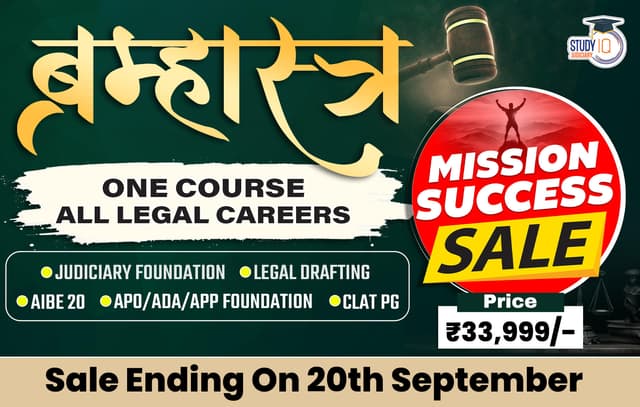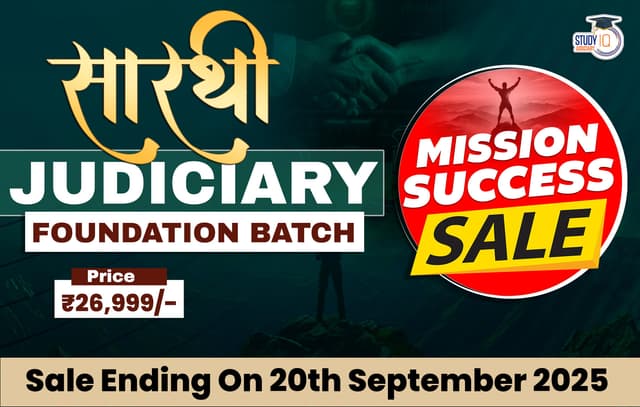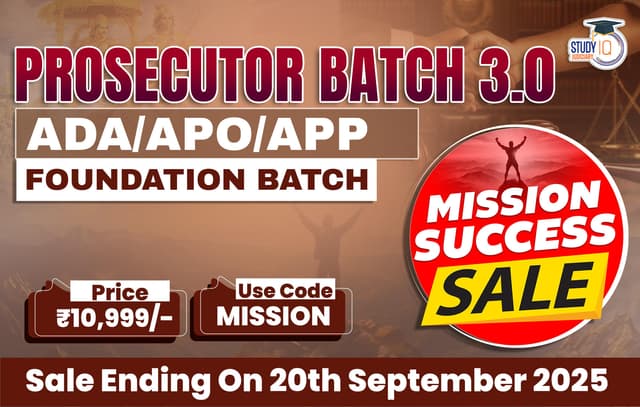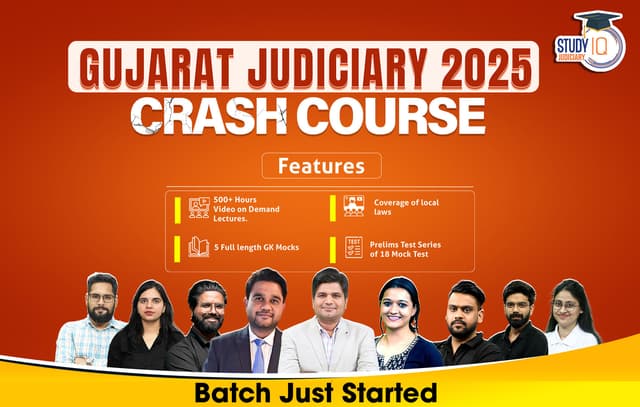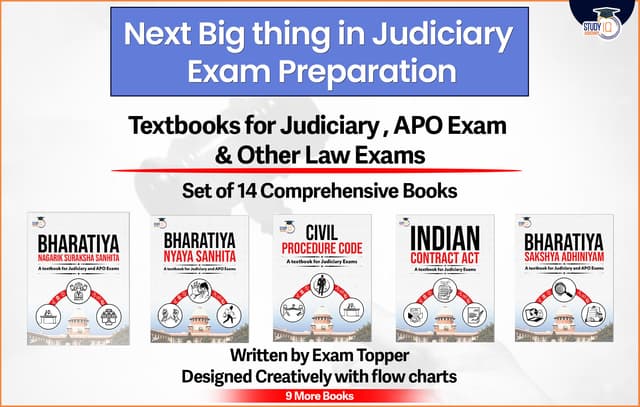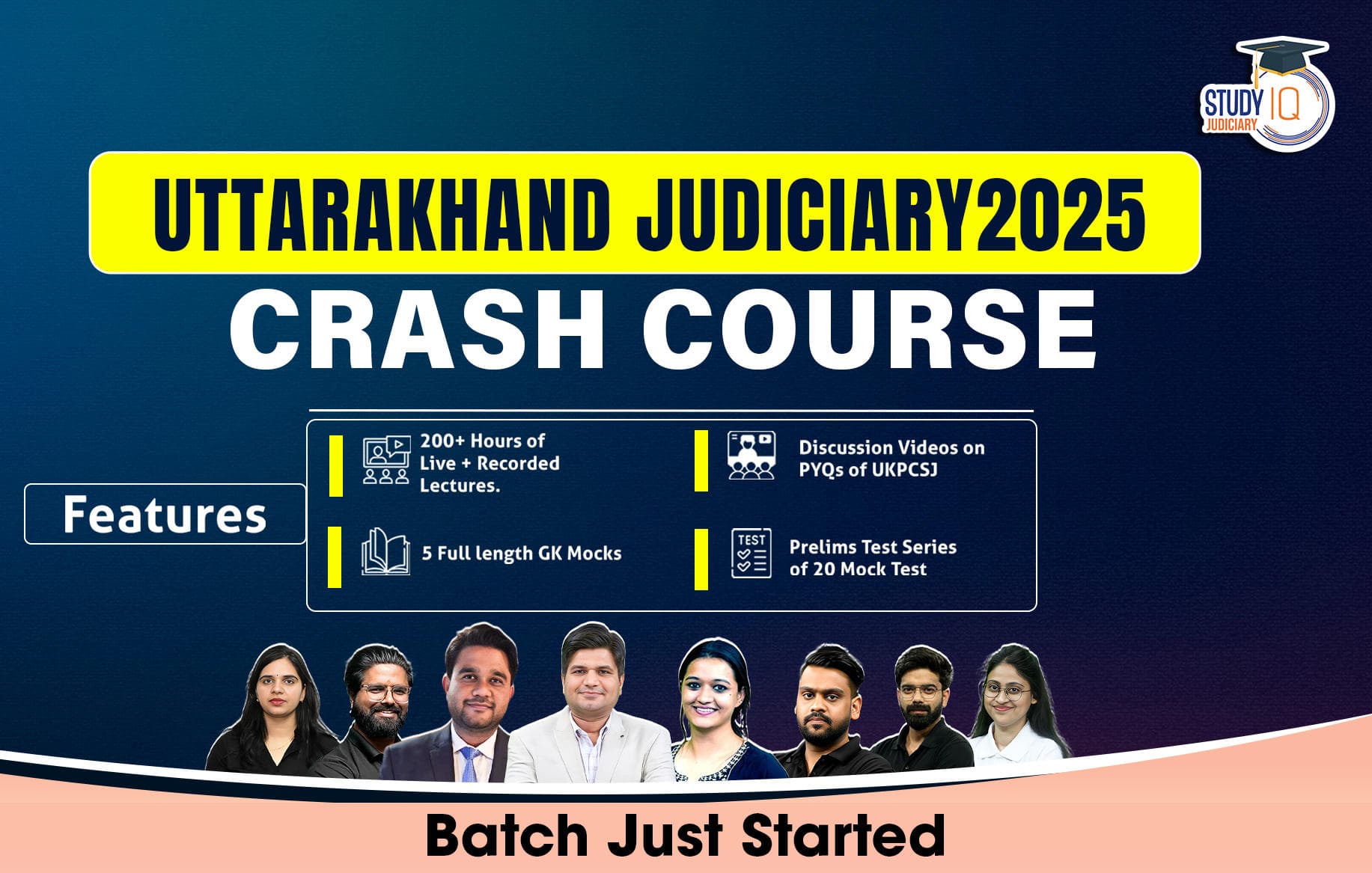Table of Contents
Why in the news?
On June 23, 2025, the Supreme Court of India drew attention to a significant gap in the legal framework, that is, the absence of clear and inclusive guidelines for granting “Other Backwards Class (OBC) certificates” to children raised by single mothers. Recognizing the constitutional implications, the Court scheduled the matter for a detailed hearing on July 22.
The issue arose from a petition filed by a single mother who herself holds an OBC certificate. She sought similar recognition for her child, arguing that the current administrative rules particularly those followed by the Delhi Revenue Department unfairly prioritize patrilineal descent. These rules require proof of caste status from the father or his male relatives, effectively excluding single mothers from securing rightful entitlements for their children.
The case was heard by a division bench comprising Justices KV Viswanathan and N Kotiswar Singh, who acknowledged the broader constitutional questions at play. The petitioner contended that such guidelines violate the fundamental rights to equality and personal liberty, as enshrined under Articles 14 and 21 of the Constitution. Specifically, the plea challenges the assumption that caste identity must be inherited through the father, which not only reinforces patriarchal norms but also discriminates against non-traditional family structures.
The Court’s intervention signals a potential shift in how caste certification may be interpreted in light of gender justice, social realities, and constitutional guarantees. It also invites a re-examination of precedents such as Rameshbhai Dabhai Naika v. State of Gujarat (2012), where the Court held that caste identity in inter-caste marriages should be assessed based on upbringing and community integration and not merely paternal lineage.
Background of the Case
The petitioner, a retired teacher from the Municipal Corporation of Delhi (MCD) and a single mother belonging to the Other Backward Classes (OBC) category has approached the Supreme Court of India to contest the Delhi Revenue Department’s guidelines governing caste certification.
Under the current framework, children seeking an OBC certificate must furnish proof of caste status from a paternal blood relative typically the father, grandfather, or paternal uncle. This requirement effectively excludes single mothers including divorced women, widows, and adoptive mothers from securing caste-based entitlements for their children based on their own OBC status.
The petitioner argues that this patrilineal prerequisite is not only administratively rigid but also constitutionally flawed, as it violates Article 14 of the Constitution of India, 1950 by denying equal treatment to children of single mothers from the OBC category while allowing similar recognition for children of single mothers from Scheduled Castes (SC) and Scheduled Tribes (ST). It also violates Article 21 by impeding the child’s access to social and educational benefits, thereby affecting their right to live with dignity and access opportunities.
The plea emphasizes that the insistence on paternal documentation disregards the realities of caregiving and upbringing, especially in cases where the mother is the sole guardian and provider. It asserts that such exclusionary practices perpetuate gender bias, undermine constitutional guarantees, and fail to reflect the evolving nature of family structures in India.
The petitioner seeks judicial intervention to amend the guidelines, allowing children of single mothers from the OBC category to inherit caste status based on the mother’s certificate alone, thereby aligning administrative practice with constitutional principles of equality and liberty.
Legal Framework and Precedents
Foundational Supreme Court Judgment (Rameshbhai Dabhai Naika vs. State of Gujarat, 2012)
In its 2012 ruling, the Supreme Court established that, as a general principle, a child born of an inter-caste marriage will assume the caste of the father. This preserves the traditional notion of paternal descent in India’s reservation framework. However, the Court expressly cautioned that this presumption isn’t unbreakable. It carved out an exception for situations where the marital relationship has ended, and the child is brought up by the mother belonging to a Scheduled Caste or Scheduled Tribe. In such cases, the maternal caste may rightfully be conferred on the child, recognising the mother’s formative role in the child’s upbringing.
In Rumy Chowdhury v. The Department of Revenue (Delhi High Court), a single mother from a Scheduled Caste sought caste certificates for her children. The court denied her plea, holding that permitting maternal inheritance of caste in such circumstances risked diluting genuine reservation benefits and depriving eligible SC candidates of educational and employment opportunities.
Other benches have taken a more flexible view, focusing on the social realities of where the child is raised rather than a rigid bloodline alone. This patchwork of decisions underscores ongoing judicial uncertainty around balancing protective reservation policies with evolving family structures.
Progressive Shift: Gauhati High Court (Smti. Moonsoon Barkakoti v. State of Assam, 2024)
In a landmark 2024 ruling, the Gauhati High Court held that caste identity cannot be governed solely by paternal lineage. Instead, it must account for the child’s lived experience of social disadvantage. The bench endorsed an OBC certificate obtained through the mother, emphasising that children growing up in her household faced the same barriers and stigma as any other backward-class member. By prioritising substantive equality over formal pedigree, this decision marks a significant turn toward context-sensitive justice.
Reservation jurisprudence is on a trajectory from strict lineage-based rules toward a more nuanced, equity-driven approach. Key takeaways include:
- Courts are increasingly ready to look beyond paperwork to the child’s real-world circumstances.
- Reservation policy must guard against misuse, yet it also cannot ignore non-traditional family dynamics.
- Future Supreme Court pronouncements are likely to harmonise these competing concerns, potentially prescribing a uniform test for caste inheritance.
Implications for Gender Equality
In challenging the default rule that children inherit only their father’s caste, this judgment shines a spotlight on the systemic bias faced by single mothers in securing caste certificates for their children. It exposes how existing protocols effectively penalize women who rear children outside a traditional matrimonial framework, reinforcing a patriarchal grip on identity documentation.
By recognising maternal lineage as a valid basis for caste inheritance, the Court paves the way for genuine gender parity in reservation benefits. This shift could compel administrative bodies to re‐examine forms, checklists and verification norms that currently presume a male‐headed family as the default.
Potential ripple effects include:
- Expanding access for children raised by single mothers or widows, preventing them from being denied educational and employment quotas.
- Undermining long‐standing procedural hurdles that treat women’s caste affiliations as secondary or conditional.
- Prompting lower courts to adopt a more gender‐sensitive approach when interpreting caste‐certification rules.
Public Response and Awareness
The decision has ignited widespread conversation across social media, news outlets and civil society forums about the fence‐sitting nature of India’s reservation machinery. Many single mothers have come forward with testimonials of bureaucratic roadblocks, while student and women’s rights organisations have mobilised to demand a comprehensive overhaul.
Key developments in the public sphere include:
- Grassroots campaigns advocating for a simplified, uniform notification form that recognises either parent’s caste without additional affidavits.
- Petitions before state governments urging amendments to local rules so that municipal and district authorities uniformly accept maternal lineage claims.
- Roundtables and webinars hosted by NGOs to educate single mothers on their emerging legal rights and to pressure administrations into issuing updated guidelines.

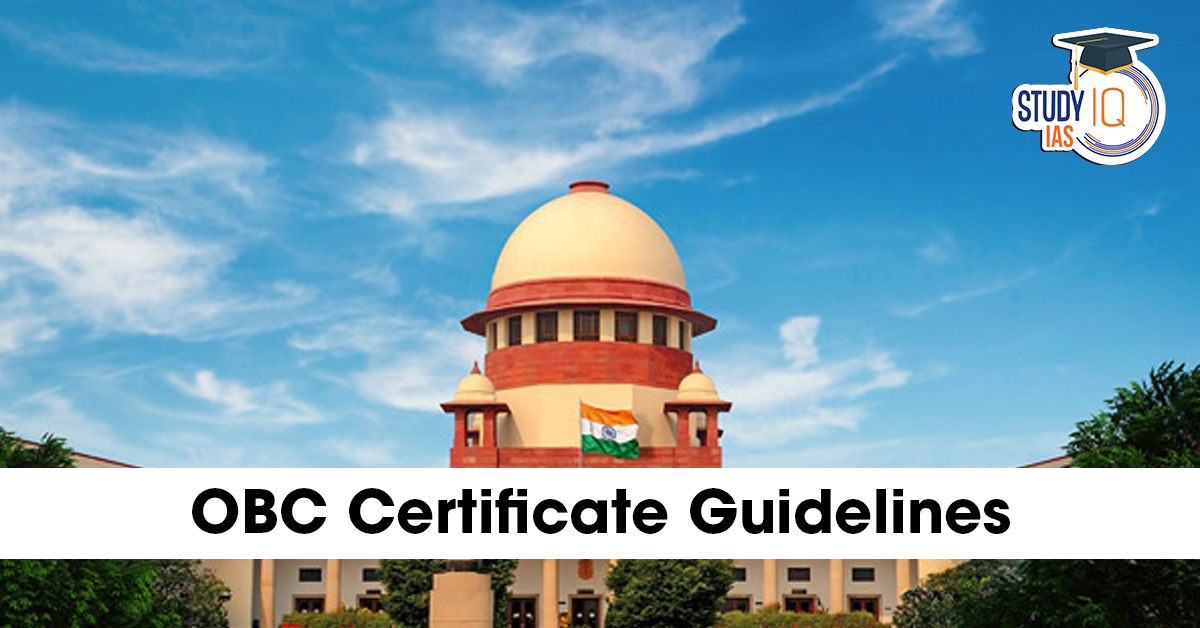
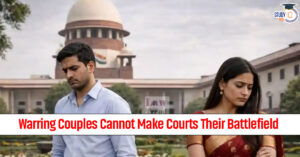 Warring Couples Cannot Make Courts Their...
Warring Couples Cannot Make Courts Their...
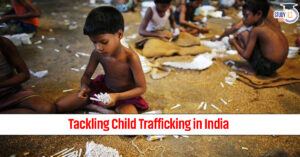 Tackling Child Trafficking in India: Leg...
Tackling Child Trafficking in India: Leg...
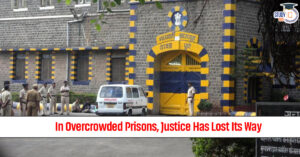 In Overcrowded Prisons, Justice Has Lost...
In Overcrowded Prisons, Justice Has Lost...
